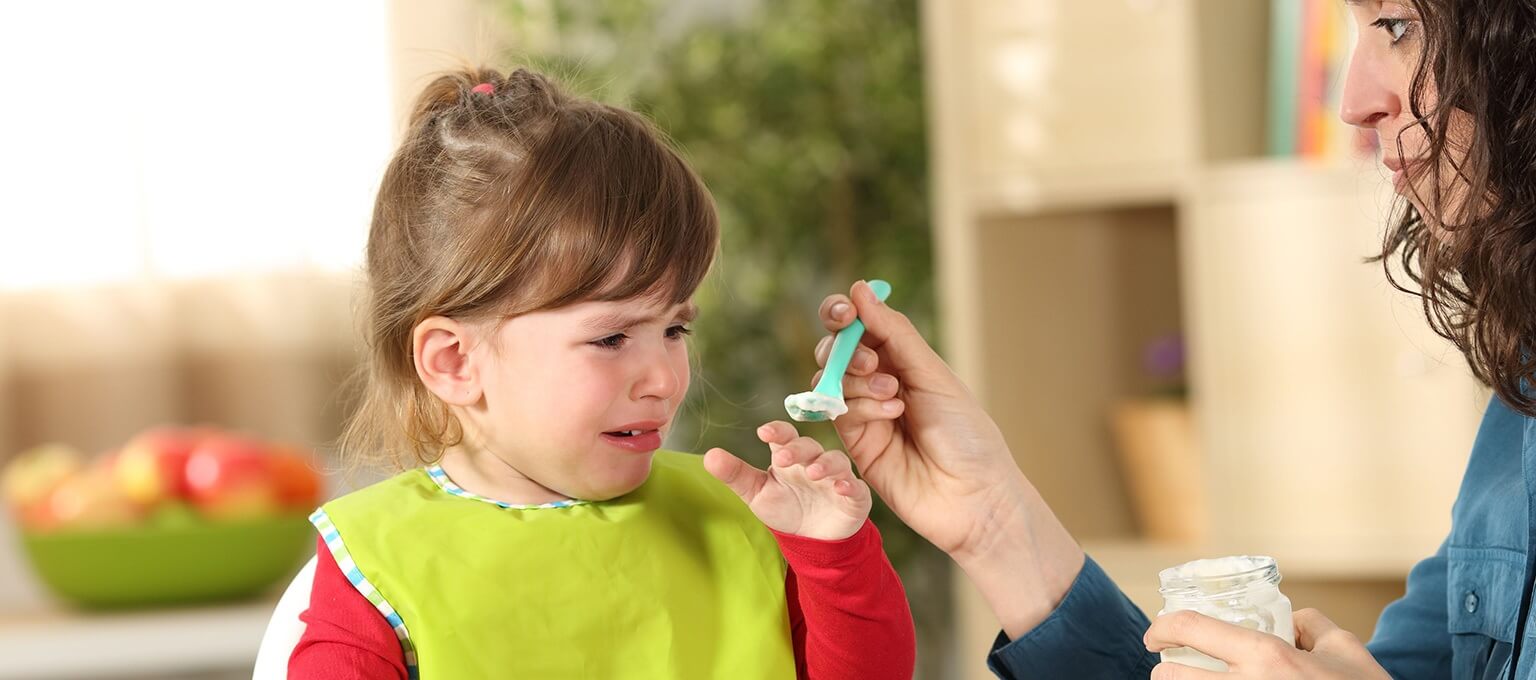
Why Does Your Child Suck Her Thumb and Should You Stop It?
If you’re worried about your baby’s thumb-sucking, take heart. Until your little one turns about 5 years old, there isn’t any risk associated with thumb-sucking, so it’s only really closer to then that you might consider helping her stop the habit, if they haven't already. Read on to learn more about why do babies suck their thumb, when the behavior typically starts, and how to stop thumb-sucking when the time comes.
Why Do Babies and Children Suck Their Thumbs?
Babies are born with natural rooting and sucking reflexes, which is why some infants will put their thumb or fingers in their mouth and suck.
Thumb-sucking also has a soothing effect for babies and young children. It can help your little one feel secure and comforted, which is why they may pick up the thumb-sucking habit when their needs a little soothing or before bed, for example. So, don’t worry too much about it: It’s perfectly normal for your little one to suck their thumb.
When Do Babies Start Sucking Their Thumb and When Do They Stop?
When do babies start sucking their thumb? Thumb-sucking often starts at a very young age. Some babies begin sucking their thumbs and fingers in the womb! And, some newborn babies start sucking their thumbs as soon as they have been born. There are even babies who won’t go on to suck their thumbs.
Once your little one starts, it can easily become a habit, especially as your little one likely finds it so comforting. It's helpful to remember that thumb and finger sucking is a common habit—and that all kids have habits—so you have no need to worry if your baby is sucking their thumb regularly.
Most children grow out of this behavior. In fact, more than half stop when they are 6 or 7 months old. Others stop naturally a little later between the ages of 2 and 4 years old.
In some cases, perhaps if your little one is feeling extra vulnerable or stressed, they may even suck their thumb on occasion until they're about 8 years old.
When Should You Try to Help Your Child Stop Thumb-Sucking?
Although thumb-sucking is normal for young children, if it goes on beyond the age of about 5, it can become a concern. This is because once the permanent teeth start coming in, thumb-sucking can affect the shape of the mouth and affect how the teeth line up.
Once your child is about 4 or 5 years old, it may be time to wean them off this habit.
If your little one is a baby or toddler and you're concerned about thumb-sucking affecting their mouth, gums, or baby teeth, consult with their healthcare provider or dentist for personalized advice.
How to Stop Your Baby’s or Child’s Thumb-Sucking
For a baby, you don’t need to! It’s perfectly OK for your baby to be sucking their thumb. Once your child is nearing 5 years old or is any older and still thumb-sucking, you can work with them to help change the behavior.
Keep in mind, it won’t happen overnight, and you’ll need to be patient with your little one.
Begin the process when your child is feeling content and relaxed. Emotional stress can make them cling to thumb-sucking for comfort, making it harder to stop. Address any stressors in their life before focusing on breaking the thumb-sucking habit. For instance, if you're moving or expecting a new baby, consider waiting until things settle down.
Here are a few things you can do to help your child stop thumb-sucking:
FREQUENTLY ASKED QUESTIONS
Thumb-sucking offers comfort and can be soothing for your baby, but there are no specific health benefits. In children under 5 years old, it’s generally harmless, but it can cause problems for the mouth and permanent teeth in older children.
The Bottom Line
No need to stress about thumb-sucking in babies. It's just a common way for them to find comfort. Most kids naturally give it up by age 4, if not sooner.
If your little one is still occasionally sucking their thumb after turning 5, it's usually not a big deal for their teeth or mouth. But if it's a regular habit by age 5, you can try some easy tricks to help them quit. Gentle reminders, praising them for going without thumb-sucking, and reducing stress can really help.
Patience and consistency on your part, and help from your child’s healthcare provider or dentist if it’s needed, will help your little one conquer the thumb-sucking habit once and for all.
While you’re here, you may also be interested in reading our guide on dental care for children, including how to brush your little one’s teeth, what to do about common teeth injuries, and more.
Read more about Toddler
Join a World of Support
through Pregnancy and Parenthood.
TRACK WITH TOOLS
LEARN WITH EXPERTS
GET REWARDED














